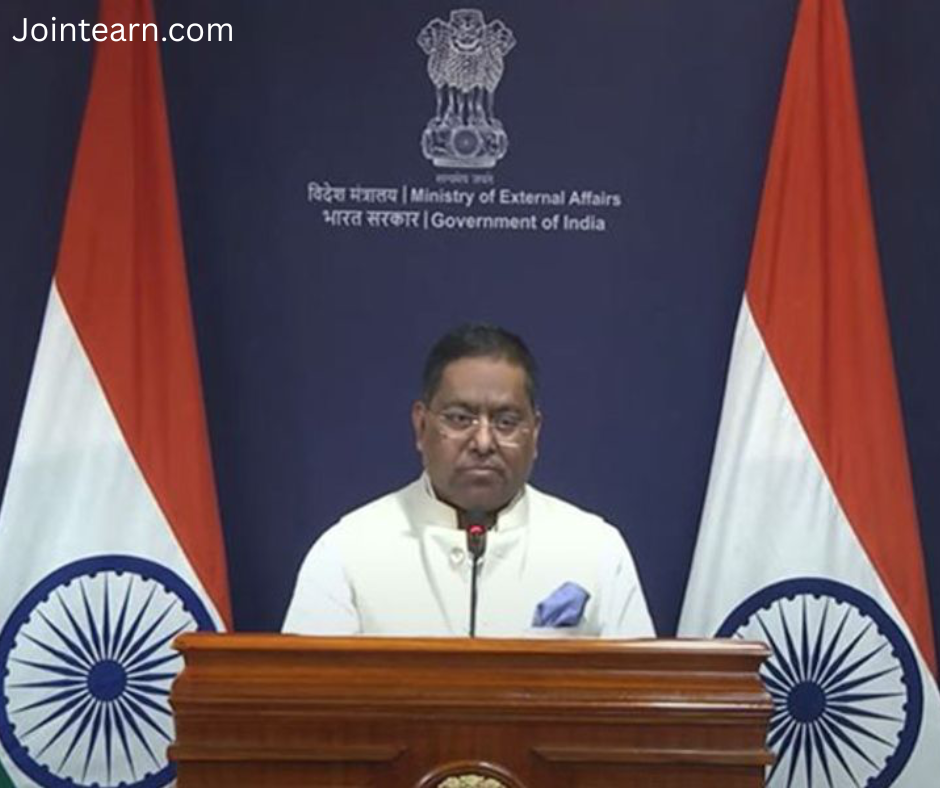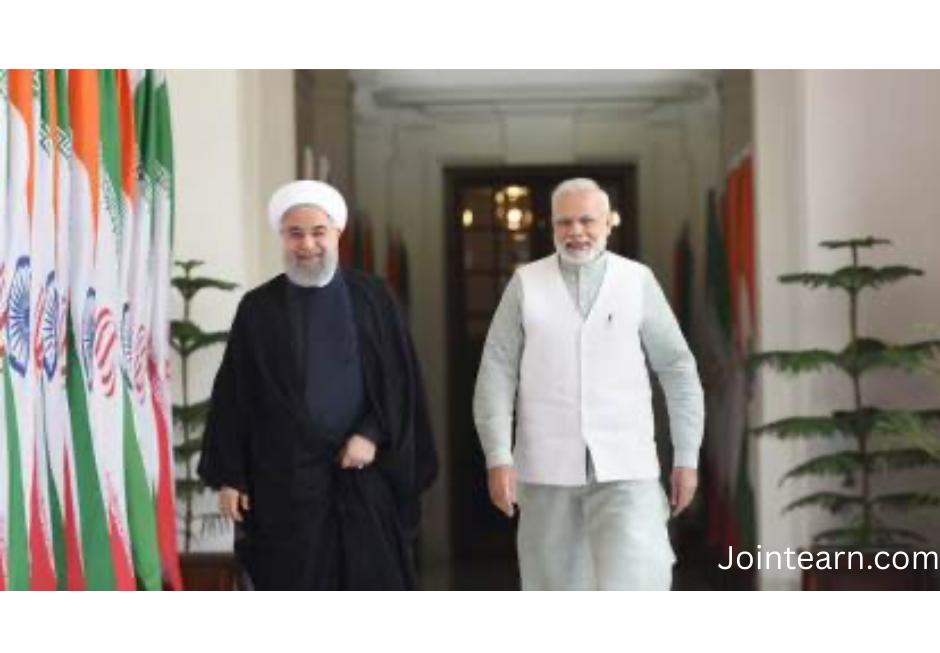New Delhi, August 20, 2025 — The Ministry of External Affairs (MEA) on Wednesday strongly criticized Nepal’s objection to the resumption of border trade between India and China through the Lipulekh pass, describing Kathmandu’s remarks as baseless and “untenable.”
In a sharply worded response, the MEA emphasized that the commercial exchanges across Lipulekh are neither new nor sudden, but part of an established practice dating back several decades. “Border trade between India and China through the Lipulekh pass began in 1954 and has continued for decades. Any claims to the contrary are neither justified nor rooted in historical facts and evidence,” the ministry stated.
Nepal’s Objection
The controversy arose after Nepal’s Ministry of Foreign Affairs, under the KP Sharma Oli-led government, issued a statement asserting that the territory of Limpiyadhura, Lipulekh, and Kalapani — areas located east of the Mahakali River — are integral parts of Nepal. The government referred to the official political map of Nepal, which was incorporated into its Constitution in 2020, as the legal basis for these territorial assertions.
Nepal’s statement went further, urging India to halt all activities in what it claims as Nepali territory. These activities, according to Nepal, include road construction, border infrastructure expansion, and the facilitation of trade in the disputed region.
“It is also known that even the friendly country China has been informed that the said area is Nepali territory,” Nepal’s foreign ministry added, attempting to draw Beijing’s acknowledgment into the matter.
India’s Firm Stand
India dismissed Nepal’s stance as an “artificial enlargement of territorial claims.” The MEA reiterated that unilateral declarations or constitutional amendments by Nepal would not alter the ground realities of geography, history, or international agreements.
“As regards territorial claims, our position remains clear. Such claims are neither justified nor based on historical evidence. Any unilateral artificial enlargement of territorial claims is untenable,” the MEA said in its official response.
At the same time, India highlighted that its broader diplomatic approach toward Nepal continues to be rooted in goodwill and constructive engagement. “India remains open to constructive interaction with Nepal on resolving agreed outstanding boundary issues through dialogue and diplomacy,” the statement underlined.
The Lipulekh Dispute: A Longstanding Issue
The Lipulekh pass, a Himalayan trade and travel route at the tri-junction of India, Nepal, and China, has historically been a point of contention. While India and China have used it for trade and as a route for the Kailash-Mansarovar Yatra pilgrimage, Nepal argues that the pass lies within its sovereign territory.
The dispute escalated in 2020 when India inaugurated a strategically important road linking Dharchula in Uttarakhand to the Lipulekh pass, improving access to the Chinese border. Nepal responded by releasing a new political map that included Limpiyadhura, Kalapani, and Lipulekh within its borders, igniting a wave of nationalist sentiment domestically.
Since then, the territorial issue has remained a sore point in India-Nepal relations, despite historical and cultural ties between the two neighbors.
Balancing Diplomacy and National Interest
Observers note that India’s latest response reflects a dual strategy: firmly rejecting Nepal’s claims while keeping the door open for dialogue. By calling Nepal’s assertions “untenable,” New Delhi has made clear that it will not accept unilateral moves. Yet, by reiterating its willingness for talks, it seeks to prevent escalation and maintain overall bilateral cooperation.
Analysts also highlight that Nepal’s position is driven not only by historical interpretation of treaties such as the 1816 Sugauli Treaty with the British East India Company but also by domestic political pressures. Successive Nepali governments have used the border dispute to consolidate nationalist support at home, often complicating efforts at quiet diplomacy.
The Road Ahead
For India, the Lipulekh issue sits at the intersection of strategic necessity and neighborhood diplomacy. The pass offers crucial connectivity with China’s Tibet Autonomous Region, making it vital for both trade and security. At the same time, India recognizes the importance of maintaining stable and friendly ties with Nepal, given the deep cultural, religious, and economic linkages shared across the open border.
The MEA’s latest statement suggests that while India will not compromise on its territorial stance, it will continue to rely on dialogue to manage differences. Whether Nepal is willing to de-escalate its rhetoric and engage constructively remains to be seen.
Conclusion
The renewed exchange of words over Lipulekh underscores how territorial disputes in the Himalayas remain sensitive and politically charged. As India pushes ahead with its infrastructure development and cross-border trade with China, Nepal’s objections are unlikely to alter the status quo. However, the tone of India’s response — firm but diplomatically open — indicates that New Delhi is keen to avoid a prolonged confrontation with its smaller but strategically significant neighbor.












